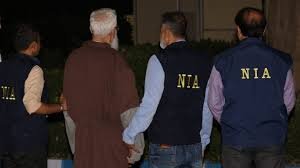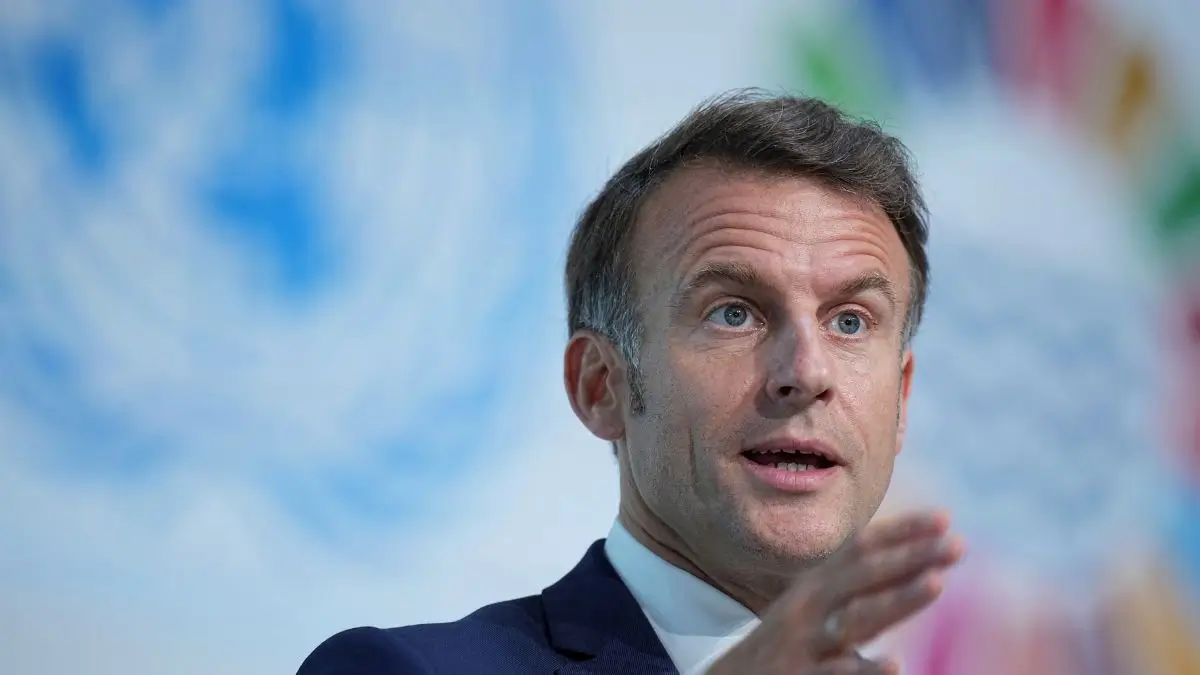Introduction: A Major Development in the 26/11 Case
In a significant development, the United States Court has approved the extradition of Tahawwur Hussain Rana, a key accused in the 2008 Mumbai terror attacks, to India. This decision marks a crucial step in India’s long-standing effort to bring all perpetrators of the 26/11 Mumbai attacks to justice.
Who is Tahawwur Hussain Rana?
Tahawwur Hussain Rana is a Pakistani-born Canadian businessman and former Pakistani Army doctor. He was arrested by U.S. authorities for his involvement in a terrorist conspiracy linked to the 26/11 attacks. Rana has longstanding ties with David Coleman Headley, another major accused who had conducted reconnaissance missions in Mumbai for the Lashkar-e-Taiba.
U.S. Court’s Decision and Its Implications
The U.S. District Court approved India’s extradition request after reviewing detailed evidence submitted by the Indian government. The court agreed that Rana’s involvement met the dual criminality requirement under the India-U.S. Extradition Treaty, meaning the charges are recognized as crimes in both countries.
India’s Diplomatic and Legal Victory
India’s Ministry of External Affairs has been pursuing legal and diplomatic channels to secure Rana’s extradition. This approval is seen as a diplomatic win and reflects growing India-U.S. counterterrorism cooperation. The extradition will allow Indian courts to interrogate and prosecute Rana for his alleged role in the planning and logistics of the attacks.
Connection to the 26/11 Mumbai Terror Attacks
The 26/11 attacks, carried out by Lashkar-e-Taiba, killed 166 people and injured hundreds. Rana is accused of helping David Headley obtain a fake visa, facilitating his travel to India. This act enabled Headley to survey multiple locations in Mumbai that were later targeted during the attacks.
Future Legal Proceedings in India
Upon extradition, Rana will face trial in Indian courts under several charges, including conspiracy to commit terrorism, providing support to a terrorist organization, and waging war against India. His prosecution is expected to unearth further details about the 26/11 conspiracy network.

B) Why This News is Important
A Major Step in Justice for 26/11 Victims
The extradition approval is a crucial development for justice in the 2008 Mumbai terror attacks. It shows India’s determination to bring all international conspirators to trial and closure for the victims and their families.
Boost to India-U.S. Counterterrorism Collaboration
This move reflects strong international support for India’s anti-terrorism efforts. It also demonstrates the effectiveness of the India-U.S. extradition treaty and shared values in combating global terrorism.
Highly Relevant for Competitive Exams
The story touches on international relations, internal security, judicial procedures, and diplomacy—topics central to UPSC, SSC, Banking, Defence, and State PSC exams. Awareness of such cases can help aspirants in current affairs, essay writing, and interview rounds.
C) Historical Context: The 2008 Mumbai Attacks and Investigations
The Mumbai attacks of 26/11/2008 were one of the deadliest terror strikes in India, orchestrated by Lashkar-e-Taiba, a Pakistan-based terror group. Ten armed terrorists carried out attacks across key locations in Mumbai including Taj Hotel, Oberoi Trident, CST Station, and Leopold Café.
David Coleman Headley, an American national of Pakistani origin, was convicted in the U.S. for helping plan the attacks. His associate, Tahawwur Hussain Rana, was arrested in 2009 and convicted on separate charges in the U.S. However, India has long demanded his extradition for direct involvement in the Mumbai attack conspiracy. This case has become a symbol of cross-border terrorism and the global fight against terror.
D) Key Takeaways from “Tahawwur Hussain Rana Extradition News”
| S.No. | Key Takeaway |
|---|---|
| 1 | U.S. court approves Tahawwur Hussain Rana’s extradition to India. |
| 2 | Rana is linked to the 26/11 Mumbai attacks and associated with David Headley. |
| 3 | India’s extradition request was accepted under the India-U.S. Extradition Treaty. |
| 4 | Rana allegedly facilitated reconnaissance for the 26/11 attacks. |
| 5 | The decision strengthens India-U.S. counterterrorism cooperation. |
FAQs: Frequently Asked Questions
1. Who is Tahawwur Hussain Rana?
Tahawwur Hussain Rana is a Pakistani-born Canadian businessman and a former Pakistan Army doctor. He is accused of assisting David Headley in planning the 26/11 Mumbai attacks.
2. Why is Rana being extradited to India?
Rana is being extradited for his alleged role in the 2008 Mumbai terror attacks, where he facilitated travel and logistics for David Headley, aiding reconnaissance for the attacks.
3. What charges will he face in India?
He will face charges under Indian laws for criminal conspiracy, terrorism, aiding and abetting terrorism, and waging war against the state.
4. What is the significance of this extradition?
This marks a major diplomatic and legal victory for India, strengthening global anti-terrorism collaboration and showcasing India-U.S. legal cooperation.
5. How is Rana linked to David Headley?
Rana is a long-time associate of Headley. He allegedly helped Headley obtain fake travel documents and provided business cover, facilitating his operations in India.
Some Important Current Affairs Links

















